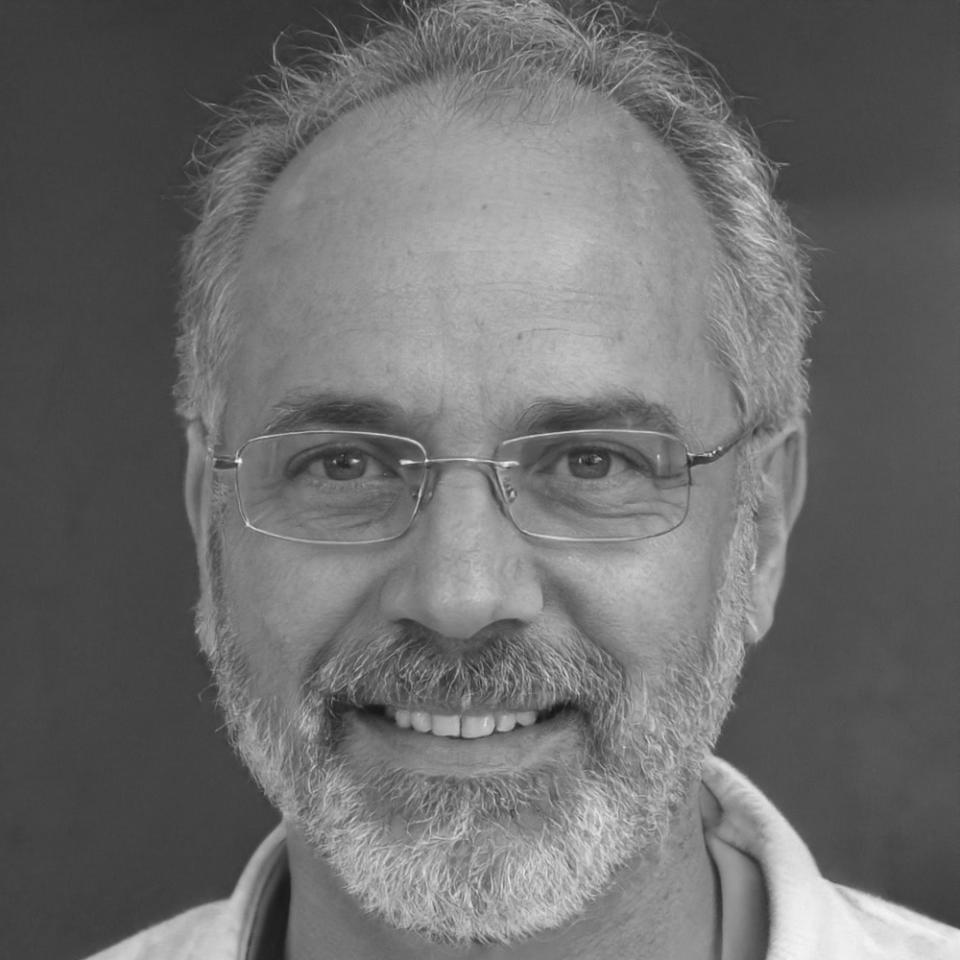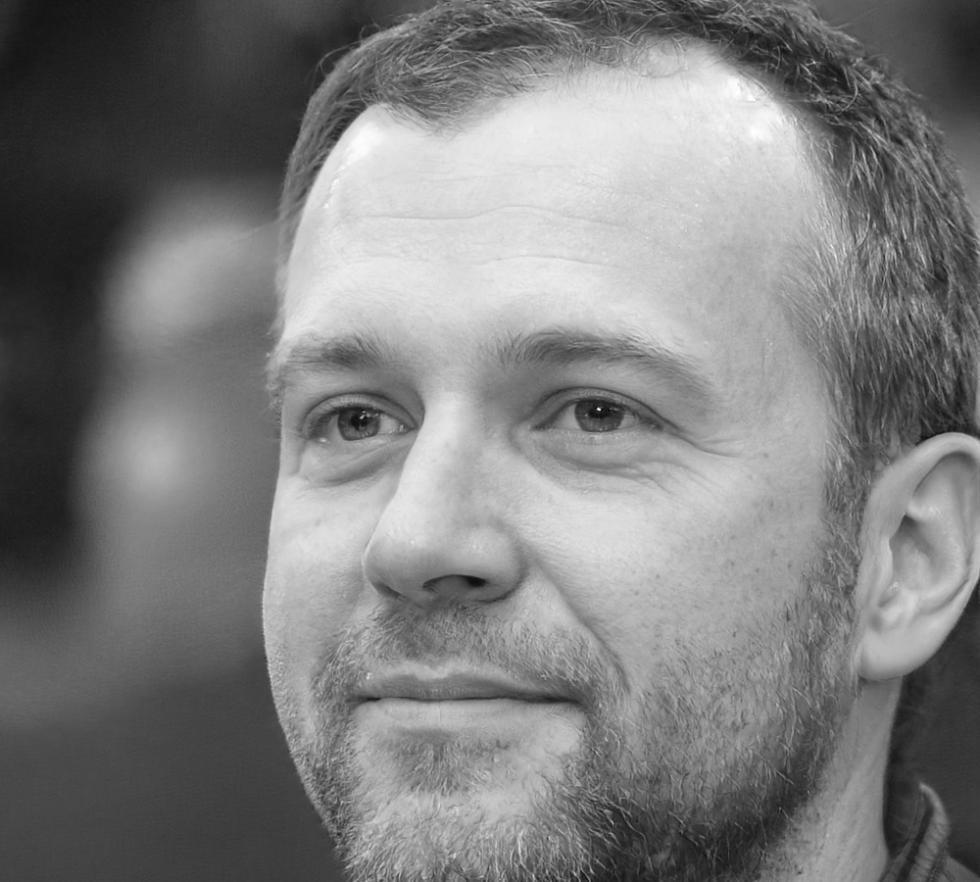
Haruki Takeshita
Indie Game Developer
Starting Point
I'd been trying to learn Unity from YouTube tutorials for eight months. Built a few basic scenes but couldn't connect the pieces into something functional. Every new tutorial seemed to contradict the last one.
The Shift
Around week five, something clicked during the physics module. Not overnight—I had to redo the exercises twice. But suddenly I understood why my previous projects kept breaking. The structured approach helped me see patterns instead of just copying code.
Where I Am Now
Released my first playable prototype on itch.io in March 2025. It's not perfect, but people actually downloaded it and gave feedback. Now working on a more ambitious project with proper architecture planning.

